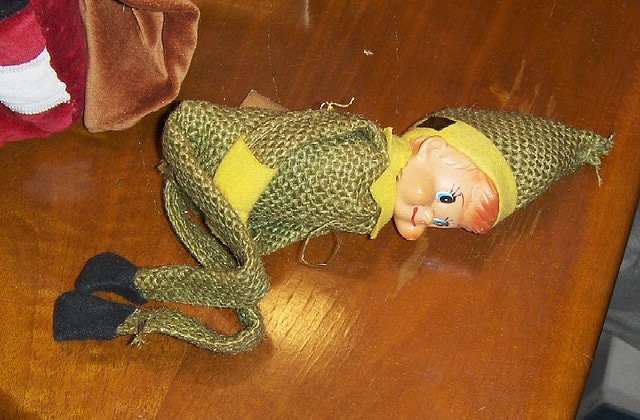Truth Behind More Holiday Heart Attacks
Newtown Pa. Dr. Arathi Rao, a Cardiac Psychologist in Buck County, reminds her clients “When it comes to heart disease, traditional risk factors loads the gun, but stress pulls the trigger”. This condition is especially true during the holiday season
Intense emotional stress can precipitate acute cardiac events or exacerbate underlying cardiovascular problems.
It should come as little surprise that the heart attack rate peaks during and immediately after the holidays. For many years, researchers have been intrigued by a disturbing pattern: Deadly heart attacks increase during the winter holiday season. One study even found distinct spikes around Christmas and New Year’s Day.
In a national 2004 study published in Circulation, researchers at the University of California, San Diego, and Tufts University School of Medicine examined 53 million U.S. death certificates from 1973 to 2001. They discovered an overall increase of 5% more heart-related deaths during the holiday season. When researchers looked at individual years, they found varying increases in cardiac deaths for every holiday period they studied. According to the Circulation study, “The number of cardiac deaths is higher on Dec. 25 than on any other day of the year, second highest on Dec. 26, and third highest on Jan. 1.”
The endless push to arrange the perfect party, get the perfect gift and host the best dinner can transform the season of joy into a holiday nightmare. In addition, the weeks of celebrations, office parties, time in front of TV and late nights – resulting in a toxic mix of adrenaline, fatigue, rich food and excess alcohol.
So it should be a little surprise that the heart attack rate peaks around the holidays. Health professionals recognize the so-called holiday heart syndrome, a broad term to describe a series of cardiac risk & anomalies. Some less serious while others are life-threatening. Excessive rich food and drink, too much excitement, stress, and sleep deprivation.
Sources of stress vary – work deadlines, holiday preparations, travel, familial obligations and drama can lead to interpersonal conflict, infusing the season with anger, sadness and even hopelessness. Emotional stress can elevate blood pressure and heart rate, and it can unlock a cascade of chemical changes that lead to abnormal inflammatory responses. These responses may affect the immune system and insulin levels, disrupting the body’s ability to regulate sugar.
Intense emotional stress can precipitate acute cardiac events or exacerbate underlying cardiovascular problems. For example, hormones released during intense emotional or physical exertion can disrupt pre-existing atherosclerotic plaque in the arteries of the heart. When plaque breaks off, it can cause the formation of a blood clot, damaging the vessel and leading to heart attacks and strokes. In such scenarios, stress can be the proverbial straw that breaks the camel’s back, setting off a cascade of physiological changes in the heart that culminate in a heart attack.
Here is a tip sheet: 3 – Easy Stress Reducing Power Tips For the Holidays (Thanksgiving to New Year)
Different people responses to stress differently. The stress response is dependent on multiple factors, including genes, psychological resilience, and social support systems. The good news is that psychological reserve can be built up through consciously cultivating positive thinking and mindfulness, actively engaging in social activities and pursuing stimulating hobbies.
Here’s a mindfulness exercise that is a few minutes long but can help you “recharge your batteries”.
Share with us your special tip for relaxing during the holidays. Use the comment box below.
The “Merry Christmas Coronary” and “Happy New Year Heart Attack” Phenomenon https://circ.ahajournals.org/content/110/25/3744.full
Holiday Heart Syndrome https://health.usnews.com/health-news/patient-advice/articles/2015/12/04/holiday-heart-syndrome-how-to-gift-yourself-a-stress-free-heart-this-season#




